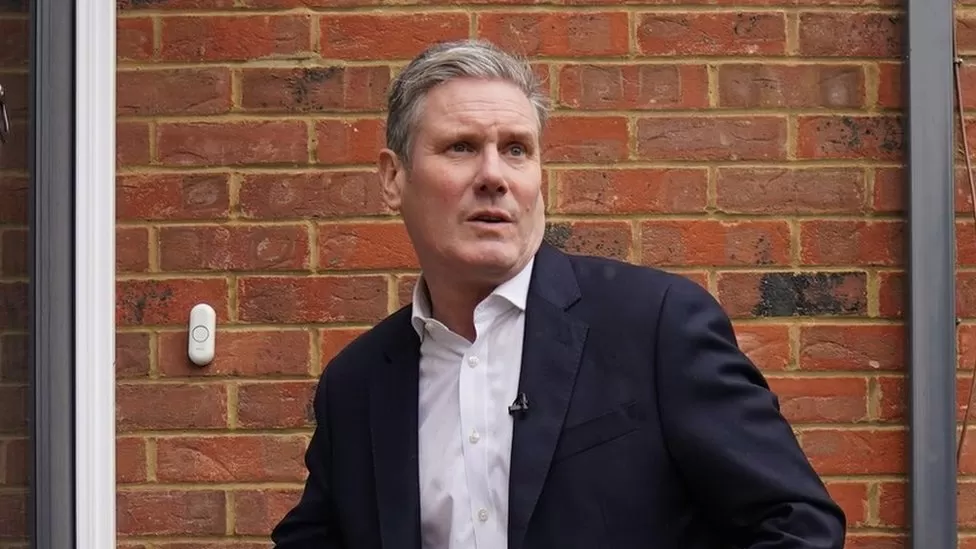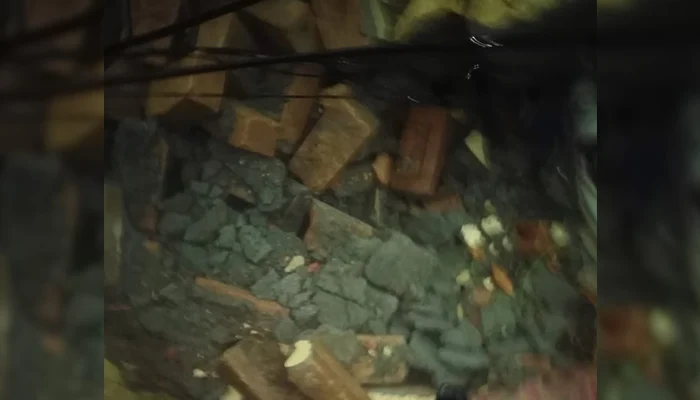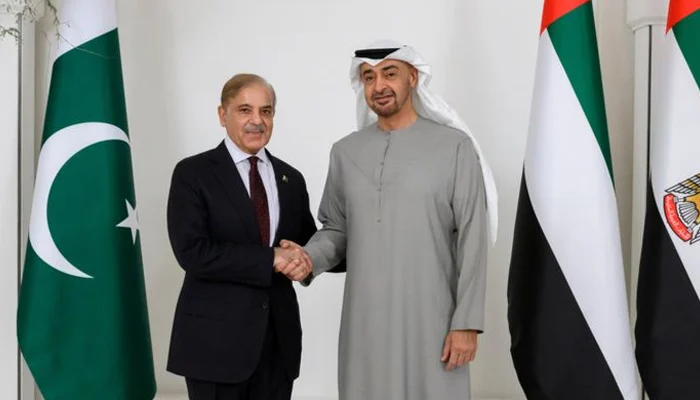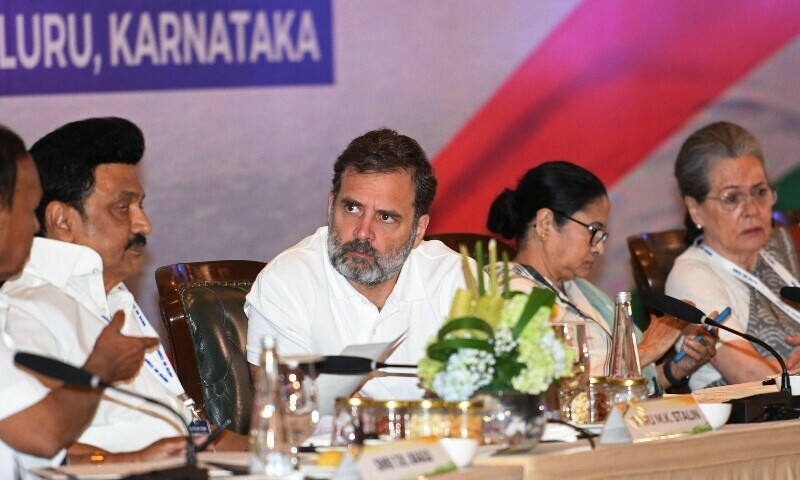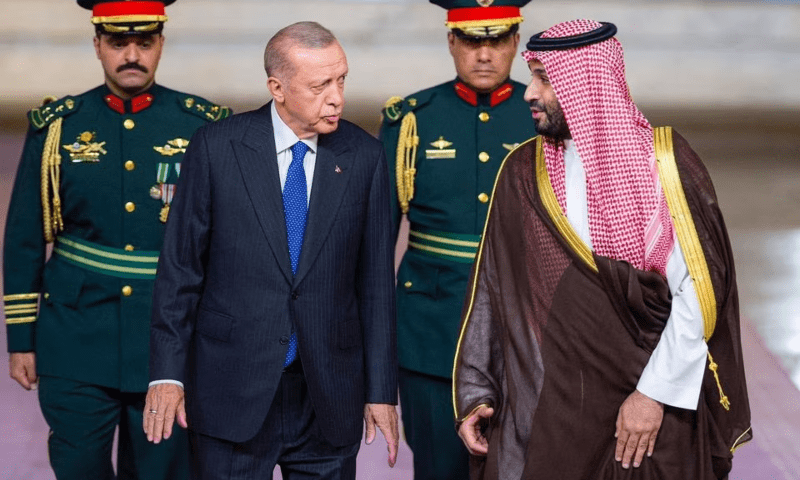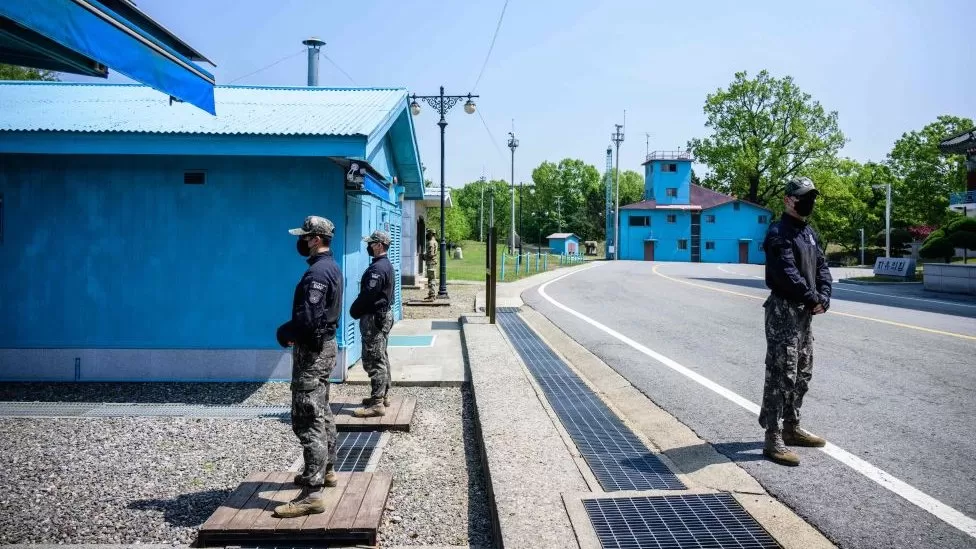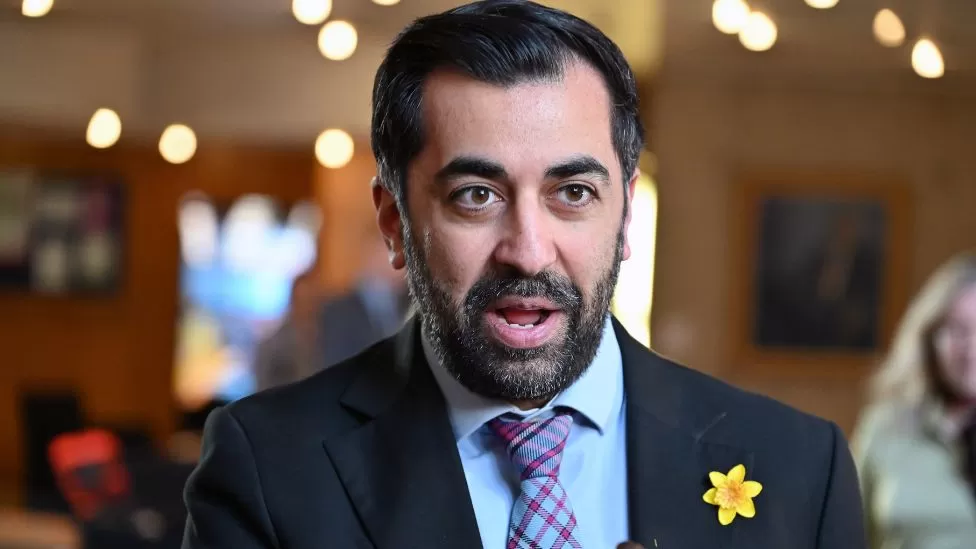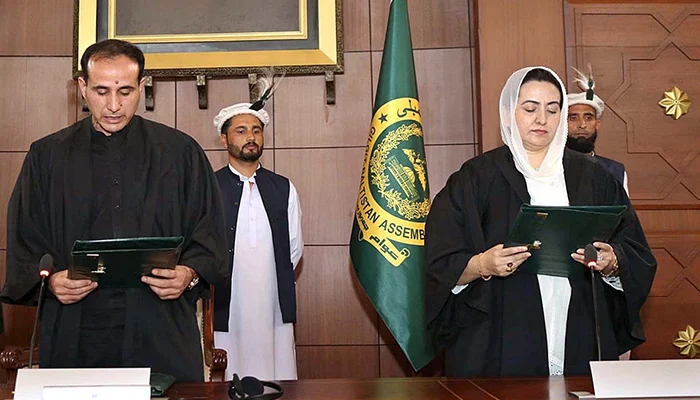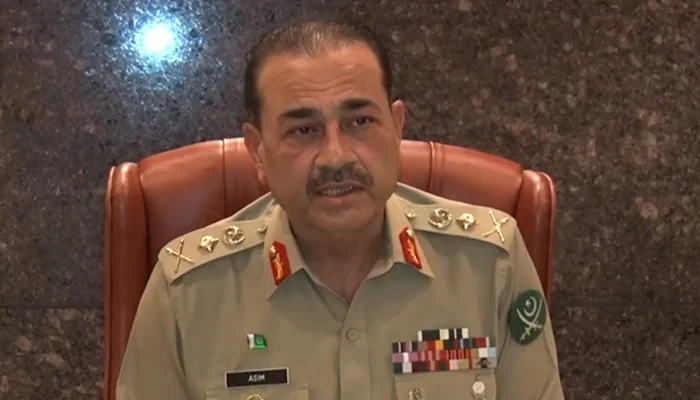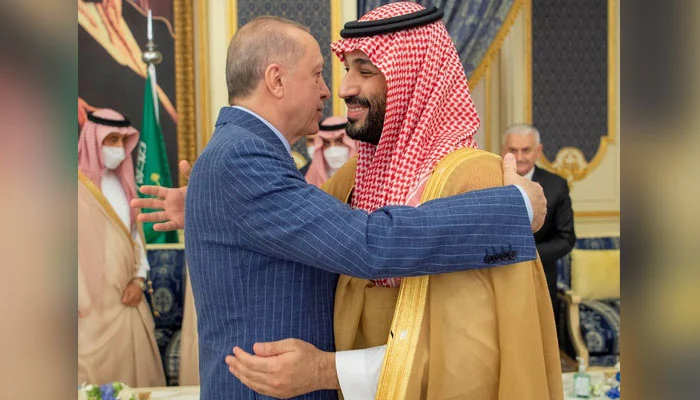The Labour leader had blamed the loss on London Mayor Sadiq Khan’s plans to expand the Ultra Low Emission Zone (Ulez) – a tax on polluting vehicles.
Conservative Steve Tuckwell won the seat after campaigning against the tax.
Addressing Labour’s national forum, Sir Keir said there was “something very wrong” when a Labour policy was on “each and every Tory leaflet”.
In a bruising week for Prime Minister Rishi Sunak, Labour and the Lib Dems took two safe Tory seats. Labour’s Keir Mather, 25, won in Selby and Ainsty, North Yorkshire, overturning a 20,137 majority to become the youngest sitting MP.
The Conservatives clung on narrowly in the third by-election, in Uxbridge, Boris Johnson’s former seat, despite a big swing to Labour.
Sir Keir said that while the by-election win in North Yorkshire should give Labour “every reason to be confident”, the loss in Uxbridge showed there was “still a long way to go”.
The Conservative win in Uxbridge sparked debates about both parties’ green policies.
Speaking during a visit to Shefford in Nadine Dorries’ constituency of Mid Bedfordshire, the Labour leader told journalists: “I don’t think there is any doubt that Ulez was the reason that we lost the election in Uxbridge.”
Sir Keir said he had spoken to the London mayor, adding: “But we’re not sitting back, we’re not looking over our shoulder. We’re pressing forward.”
Sources close to Mr Khan told the BBC he was in “constructive listening mode” but added that he had no plans to delay the scheme’s expansion at the end of August.
Asked whether Labour needs to rethink its climate polices, Sir Keir said: “When it comes to green commitments, it’s not a question of whether they should be done, of course it needs to be done – it’s how they’re done.
“So there’s a discussion to be had about that.”
Mr Tuckwell, the winning candidate in Uxbridge, said the “damaging and costly Ulez policy” had cost Labour the chance of winning the seat.
The Ulez is a £12.50 daily charge for driving in London, applicable if the vehicle does not meet certain emission standards. It initially covered the same central area as the congestion charge before widening to the North and South Circular roads in 2021.
A further expansion to cover all London boroughs is due to start on 29 August.
On Friday, Labour’s deputy leader Angela Rayner said the Uxbridge result showed that “when you don’t listen to voters, you don’t win elections”.
Cities need clean air, she said, but she warned that people who needed new vehicles must get “proper compensation and support” so that the policy does not come “at the cost of working families”.
Some on the right of the Conservative party say that pulling back from some green policies would prove popular with voters, at a time when families are feeling cost-of-living pressures.
Tory MP Craig Mackinlay, chairman of the Net Zero Scrutiny Group, has suggested delaying the ban on new diesel and petrol cars, pushing it back “at least” five years to 2035.
Downing Street sources say there are no plans to change climate targets – but that Prime Minister Rishi Sunak will try to set his party apart from Labour in the coming months.
As the major parties digest the by-election results, ex-climate minister Lord Ian Duncan, a Conservative, warned that if Sir Keir and Rishi Sunak do not put politics aside and agree a common approach to climate change, people will face “serious challenges”.
Lord Duncan, who was the parliamentary under secretary for climate change from July 2019 to February 2020, said a “bipartisan approach” was needed from both parties to “get behind” common climate policies.
The UK government’s net zero tsar, Chris Skidmore, said it would be an “abdication” of responsibility if ministers “play politics” with environmental policies.
Mr Skidmore, the Conservative MP for Kingswood, said: “The net zero review I chaired demonstrated that net zero isn’t just an environmental policy, but a key economic driver of future growth and investment that can transform Britain for the better, but this requires all political parties not to play politics with safeguarding our futures.”
He urged politicians to prioritise “the lives and health of the public and the opportunity for economic growth” ahead of “gamesmanship”.
“It is also really bad politics, given that the environment and taking action on climate change consistently polls third in the issues that voters care about,” he added.


